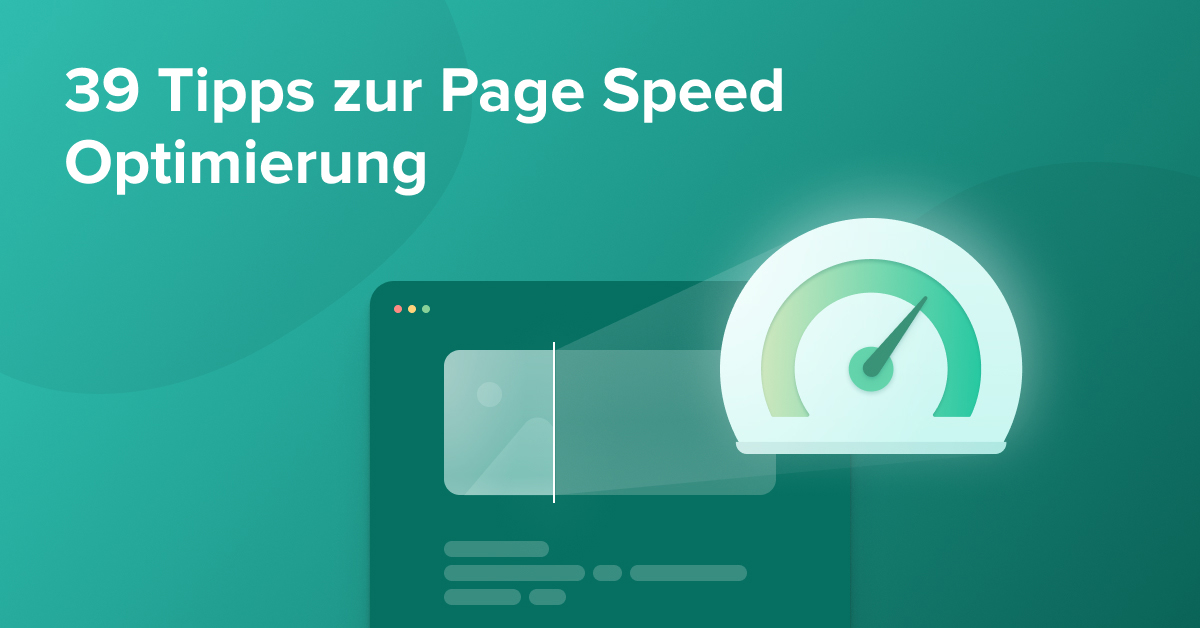In the digital era, where instant Pagespeed Ladezeit Webseite optimieren verbessern gratification is the norm, a website’s loading speed plays a pivotal role in shaping user experience and determining its success. PageSpeed, referring to the speed at which web pages load and render content, has emerged as a critical metric for website owners, web developers, and marketers alike. It significantly influences user satisfaction, search engine rankings, and overall online performance.
Understanding PageSpeed:
PageSpeed is not merely about how fast a website loads on a user’s device; it encompasses various aspects of web performance. It considers factors such as:
- Loading Time: The time taken for a webpage to display its content.
- Interactivity: How soon a user can interact with elements on the page.
- Visual Stability: Ensuring that page elements do not unexpectedly shift while loading.
Importance of PageSpeed:
- User Experience: Users expect rapid responses and seamless browsing experiences. Slow-loading pages often result in increased bounce rates and decreased user engagement.
- SEO Rankings: Search engines, especially Google, consider PageSpeed as a ranking factor. Faster websites tend to rank higher in search results, thereby attracting more organic traffic.
- Conversion Rates: Improved PageSpeed positively impacts conversion rates. Studies show that even a one-second delay in page load time can lead to reduced conversions.


